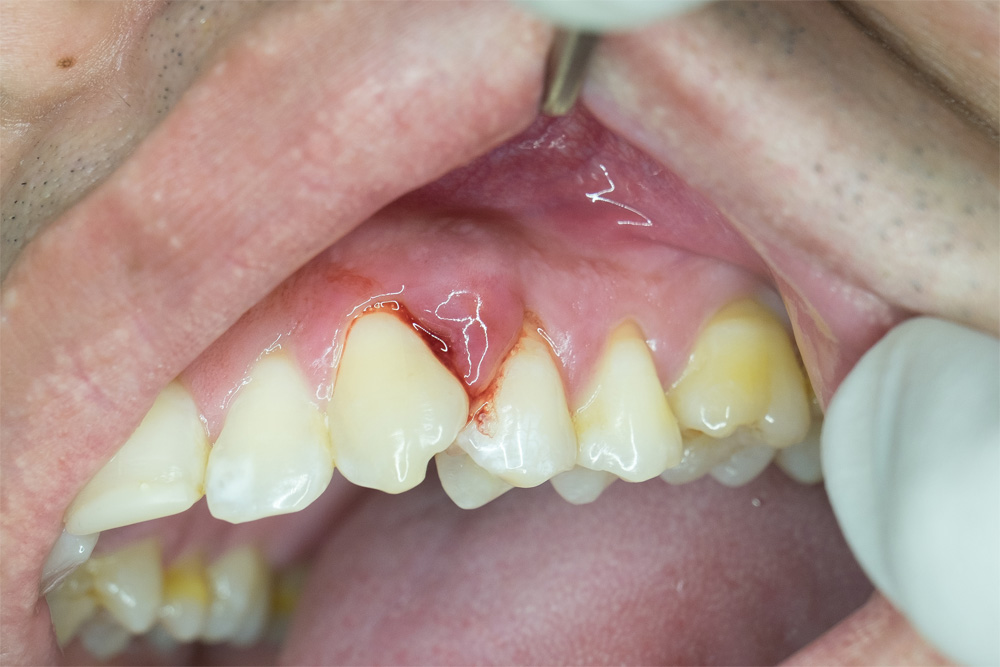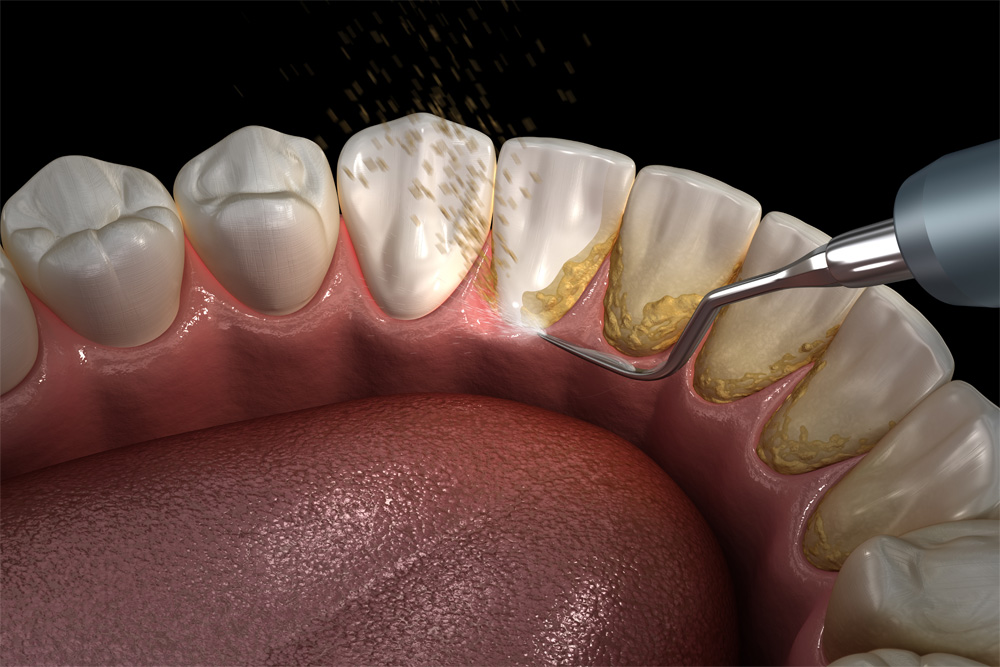5 Important Symptoms of Gum Disease
Have you recently experienced bleeding gums when brushing your teeth? That could be one of the first warning signs that you have gum disease.
A mild illness is called gingivitis. When you have gingivitis, your gums are infected. If you don't get it treated, the infection can spread down below the gum line and into your bones. Later, it becomes a more serious form of gum disease called periodontitis.
Both gingivitis and periodontitis have been shown to increase the risk of heath diseases such as osteoporosis diabetes, pneumonia, heart disease, and cancer. These issues should be discovered as early as possible.
5 important symptoms
You can find and treat gingivitis before it becomes serious if you know what it looks like. Bellows are 5 important symptoms of gingivitis:
Sensitive teeth: If a couple of a cold beer or cold drink makes your teeth painful or sensitive, your teeth may be telling you that it is a symptom of gum disease often associated with receding gums. When it happens, the sensitive part of the tooth called the dentin is exposed - making it sensitive to exposure to cold water and air.
Red, swollen gums: This is one of the first signs of your gums disease. Gums are tender, red, swollen, painful and bleed easily when flossing or brushing your teeth
Bad breath: The mouth is the nice home of millions of bacteria. Plaque is the main food that feeds these bacteria, so the more plaque, and the more bacteria. The bacteria produce toxins that can irritate gums and make a bad smell.

Receding gums: Your teeth look longer than before it used to be due to your gums are shrinking. As the bone loss starting and the gums begin to separate from the teeth, creating a pocket, this pull down of the gums is called a receding gum. This gum pocket is a nice storage for bacteria and plaque formed which leading gum disease getting worse.

Loosing or moving teeth: The bone that holds your teeth in place can be lost by gum disease causing you teeth getting loose or moved and it can even change the way your teeth fit together when you bite.
Services
Working Time
- Monday - Friday: 08:00 - 19:00
- Saturday: 08:00 - 18:00
- Sunday closed
Contact Info
- Hotline 1: (+84) 908 321 455
- Hotline 2: (+84) 931 857 885
- Mobile: (+84) 8 3925 8778
- Phone: (+84)2 838 258 778
- info@dentalrose.net
- rosedentalclinicvn@gmail.com
 English
English  Tiếng Việt
Tiếng Việt

